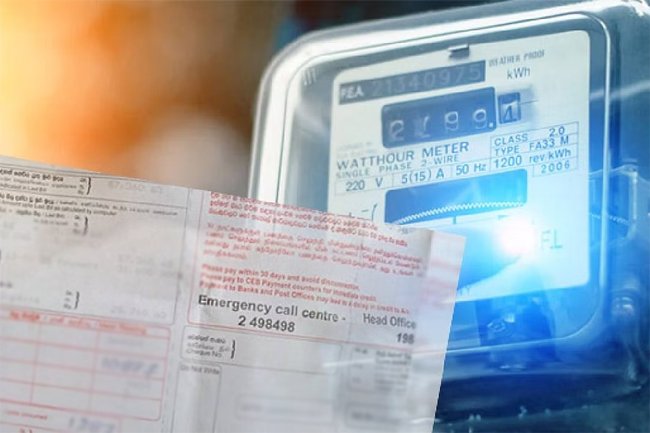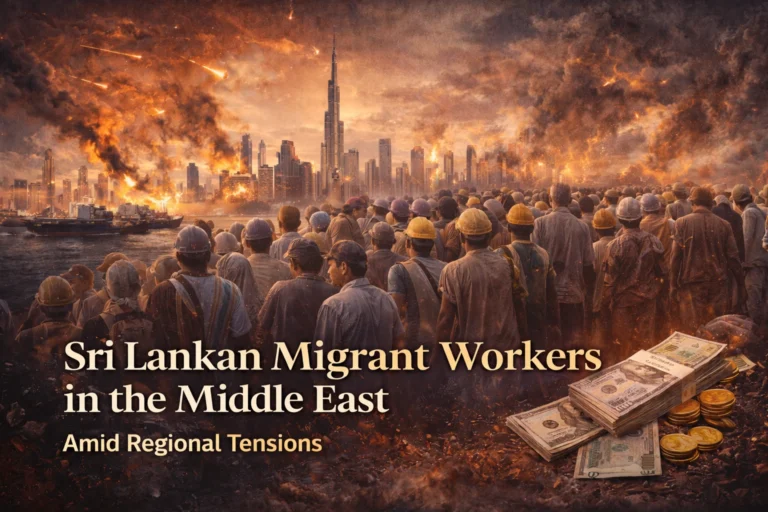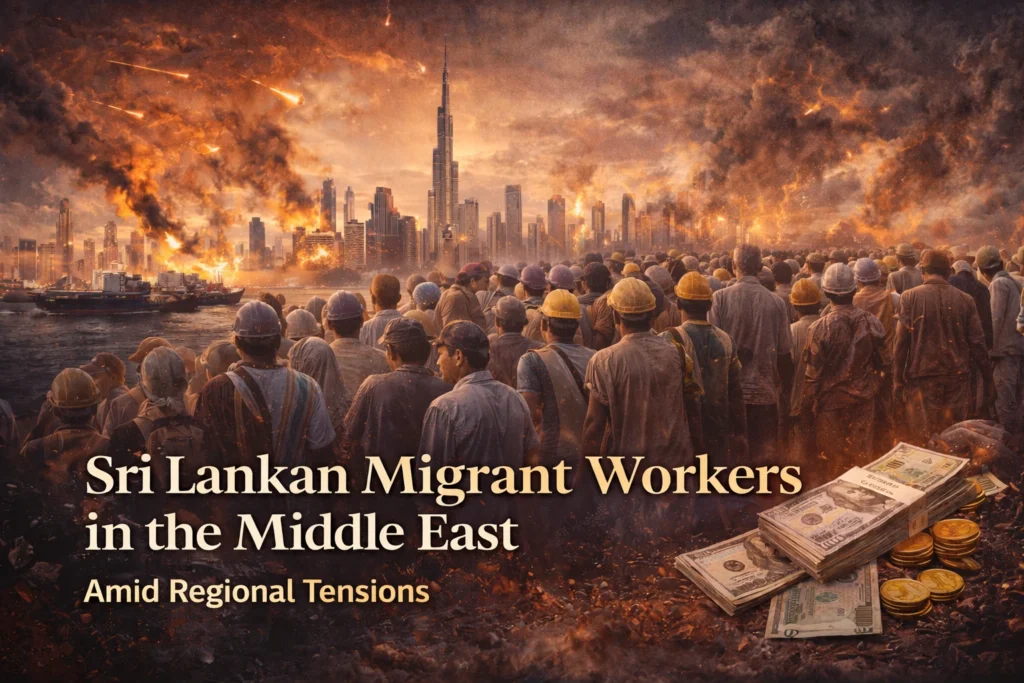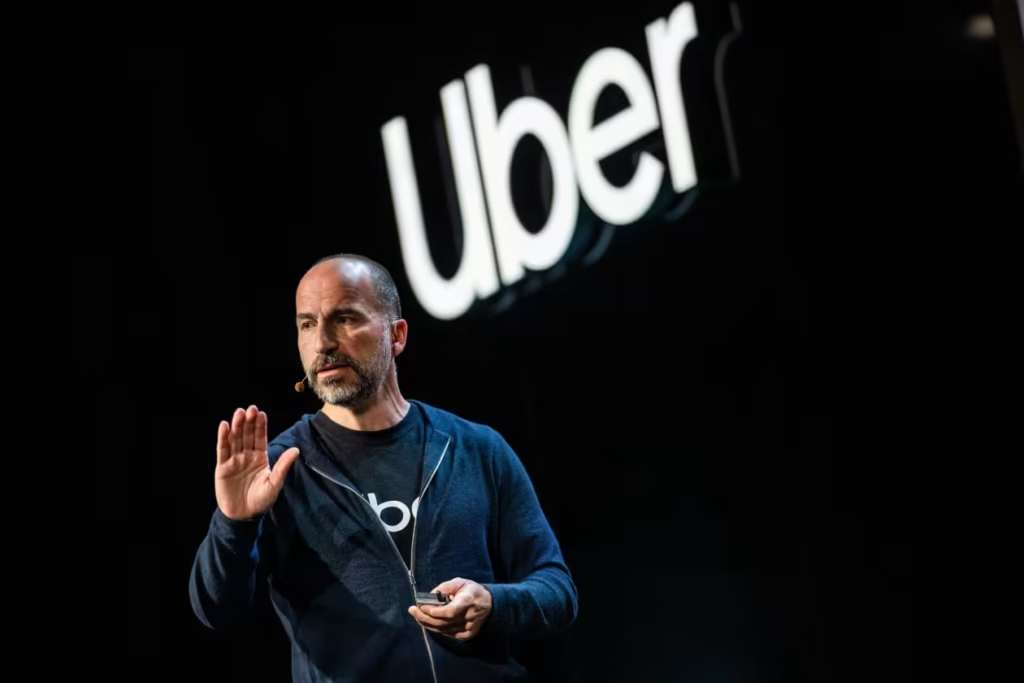Sri Lanka’s government is pushing forward with a new Electricity Bill designed to overhaul the country’s power sector. Officials argue the bill is essential to modernize outdated laws, improve efficiency, and attract private investment in renewable energy.
But major aid agencies, civil society groups, and even some trade unions have voiced strong opposition. They warn that the planned reforms could result in higher electricity tariffs for ordinary citizens, reduced public oversight, and new risks for the poor and vulnerable.
Here’s a closer look at what’s in the proposed Electricity Bill—and why it’s so controversial.
What Is the Proposed Electricity Bill?
The government says Sri Lanka’s electricity sector is governed by outdated laws that can’t keep pace with modern energy needs or climate goals.
The planned new Electricity Bill is meant to:
- Unbundle the Ceylon Electricity Board (CEB): splitting its generation, transmission, and distribution operations into separate companies.
- Attract private investors: especially in renewable energy like solar and wind.
- Set up an independent regulator: to oversee tariffs and grid access.
- Promote competition: by making it easier for private firms to sell power to the grid.
The government argues that such reforms are essential to reduce losses at the state-run CEB, encourage green energy, and stabilize an energy sector that has struggled with frequent power cuts, debt, and political meddling.
Why the Government Says It’s Necessary
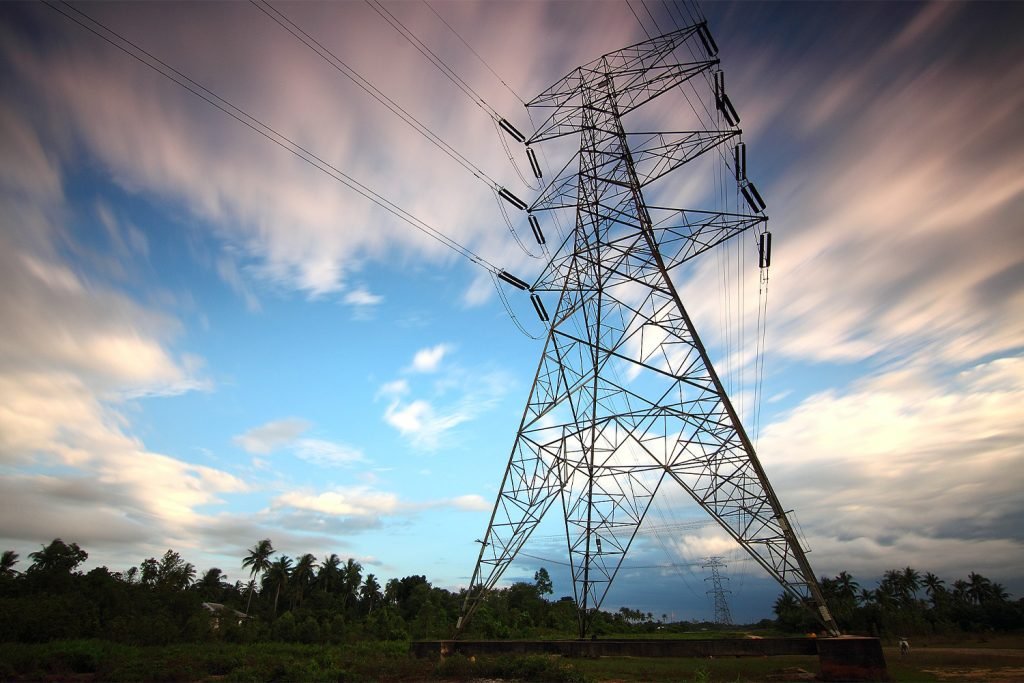
Officials frame the bill as a step toward a sustainable, financially stable electricity sector.
Sri Lanka’s power sector is in crisis. The CEB is heavily indebted. Fuel imports drain foreign exchange. Frequent power outages undermine industry and hurt tourism.
Government spokespersons argue that:
- Private investment is needed because the state can’t afford big renewable projects alone.
- An independent regulator would ensure fair pricing and transparency.
- Unbundling the CEB would improve management and reduce corruption.
They say international lenders like the IMF and World Bank generally support such reforms as part of broader economic recovery.
Why Aid Agencies Are Opposing the Bill
Despite the government’s arguments, many local and international aid agencies, NGOs, and civil society groups have warned against the bill in its current form.
Their key concerns include:
1️⃣ Risk of Higher Tariffs for Ordinary Consumers
Aid groups say reforms designed to make the CEB “financially viable” often mean sharp increases in household electricity bills.
While wealthier urban customers and businesses may absorb higher costs, poor and rural households could face energy poverty, worsening inequality.
Several NGOs note that recent tariff hikes in Sri Lanka have already burdened low-income families struggling with inflation and stagnant wages.
2️⃣ Lack of Adequate Public Consultation
Civil society groups argue the bill was drafted and presented without enough genuine consultation with stakeholders, including consumer groups and local communities.
Many fear the process is being rushed to meet conditions from international lenders, with insufficient transparency about its real social impacts.
Aid agencies have called for a more participatory approach to reform, including public hearings and impact assessments.
3️⃣ Threats to Public Accountability
Critics argue that unbundling and privatization can weaken public oversight.
Instead of a single, accountable state utility, multiple private companies might operate with limited regulatory enforcement.
There are fears that profit-driven private firms will prioritize high-return urban markets over rural electrification or social equity goals.
Aid agencies warn this could undermine Sri Lanka’s progress toward universal energy access.
4️⃣ Risk of Monopoly or Crony Capitalism
Some experts point out that splitting up the CEB doesn’t guarantee real competition.
Instead, well-connected firms could capture parts of the market, leading to monopolies or oligopolies with even less transparency.
There are also concerns about corruption in licensing and procurement if the reform process isn’t carefully regulated.
5️⃣ Ignoring Broader Social Goals
While the bill talks about renewable energy, critics argue it doesn’t do enough to guarantee community-based or locally owned projects.
Aid agencies say real energy justice means not just attracting large foreign investors, but empowering local communities, cooperatives, and small businesses to produce clean power.
They also emphasize the need to protect workers affected by restructuring, such as those in the CEB who might lose jobs or benefits.
A Growing Public Debate
These concerns have sparked protests, union strikes, and parliamentary debates.
The CEB Engineers’ Union has threatened industrial action over the unbundling plans, arguing it would break up a critical national asset and hand control to private players.
Meanwhile, NGOs have issued position papers calling for the bill to be withdrawn or substantially revised.
Some international development partners have echoed the need for “social safeguards” in any reform package.
Government Response to Criticism
The government insists that reforms are non-negotiable if Sri Lanka wants reliable, modern energy.
Officials promise that the new regulator will prevent unjustified tariff hikes, and say vulnerable groups will be protected through subsidies or targeted support.
But critics remain skeptical, noting Sri Lanka’s limited fiscal space to sustain such subsidies and a history of political interference in pricing.
What Happens Next?
As of now, the government plans to table the bill in Parliament soon.
Aid agencies and civil society groups are demanding:
- Meaningful public consultations.
- Transparent analysis of tariff impacts.
- Guarantees of consumer protection.
- Policies to promote equitable, community-based renewable energy.
This fight over the Electricity Bill is more than a technical policy debate. It reflects Sri Lanka’s struggle to balance urgent economic reforms with social equity, transparency, and public trust.
As the country faces IMF-backed restructuring and tries to recover from crisis, the outcome of this debate will shape not just its energy future—but its social contract with citizens.
Conclusion
Sri Lanka’s proposed Electricity Bill highlights the tension between economic reform and social protection.
While modernizing the energy sector is essential, ignoring public concerns risks deepening inequality and undermining trust in government.
The coming weeks will show whether policymakers are willing to revise the bill to address these fears—or press ahead in the face of growing opposition.

